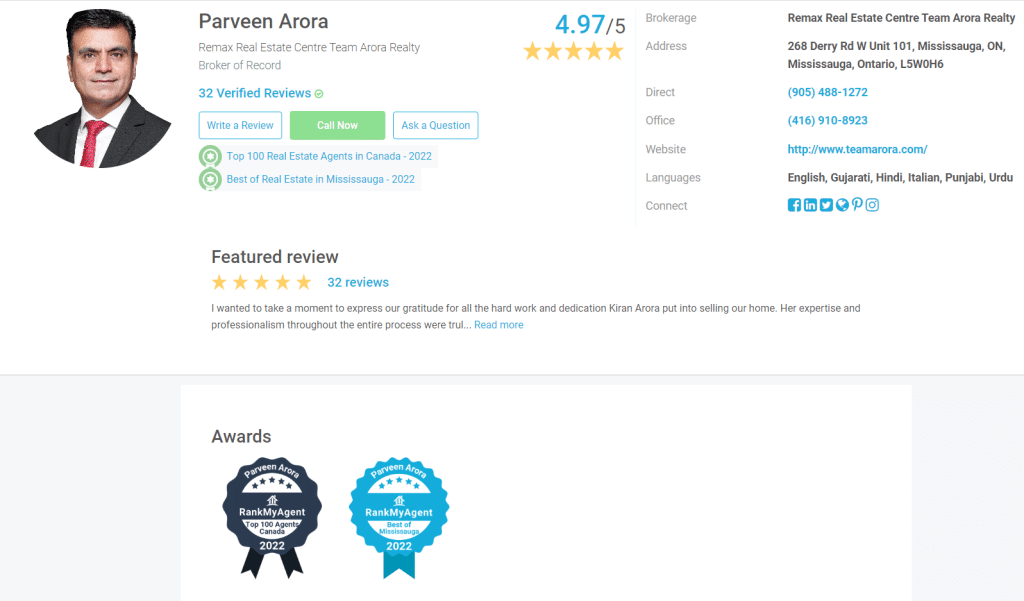Cambridge, a city celebrated for its prestigious university and rich history, is now emerging as a beacon for property investors. Its blend of cultural heritage and modern innovation creates a unique market with promising opportunities for both residential and commercial investments. This blog delves into why Cambridge stands out as a prime location for real estate investments and what future trends indicate for potential investors.
The Allure of Cambridge
Cambridge’s appeal lies in its diverse offerings, from its bustling city center to tranquil, picturesque villages just a short distance away. The city is a hub for technology and biotech industries, drawing professionals from around the globe. This influx of talent not only fuels demand for residential properties but also boosts the commercial real estate sector, making Cambridge a hotspot for startups and established businesses alike.
Residential Real Estate: A Market of Opportunities
The residential market in Cambridge has seen a steady rise in demand, attributed to the city’s excellent educational institutions, quality of life, and employment opportunities. From luxurious apartments in the city center to charming cottages in the countryside, Cambridge caters to a wide range of preferences and budgets. The key factors driving homebuying in the region include
Educational Excellence: Proximity to top-tier schools and the University of Cambridge.
Connectivity: Excellent transport links to London and other major cities.
Quality of Life: A vibrant cultural scene, beautiful green spaces, and a rich historical tapestry.
| Aspect | Opportunities | Focus Areas | Description |
| I. Land Development in Cambridge | Significant opportunities for investment in both residential and commercial projects. | – Sustainable development
-Community-oriented projects |
Strategic sites have been earmarked for development, indicating a planned approach to expanding the city’s residential and commercial infrastructure. |
| II. Sustainable Development | Aligns with the growing demand for eco-friendly options, presenting a market advantage for projects adhering to sustainability principles. | -Eco-friendly living spaces
-Eco-friendly working spaces |
The focus is on creating eco-friendly living and working spaces. |
| III. Community-Oriented Projects | Encourage investment in projects that benefit the community, potentially increasing property values and attractiveness. | -Enhancing community living
-Improving quality of life |
Projects designed with the community in mind, aiming to enhance the quality of life for residents. |
Commercial Real Estate: Thriving Amidst Innovation
Cambridge’s commercial real estate market is thriving, underpinned by the city’s status as a global technology and research hub. The area around the university, known as the “Silicon Fen,” is home to numerous tech companies and startups. Investment in commercial properties is driven by:
- Innovation and Growth: A continuous influx of new businesses in the technology and science sectors.
- Strategic Location: Access to a highly educated workforce and proximity to London.
- Supportive Business Environment: Government and private sector initiatives fostering innovation and entrepreneurship.
Land Development: Unlocking Potential
Land development in Cambridge and its surroundings presents significant opportunities, with strategic sites being earmarked for both residential and commercial projects. The focus on sustainable development and community-oriented projects aligns with the growing demand for eco-friendly living and working spaces.
Future Trends and Investment Insights
Looking ahead, the Cambridge real estate market shows no signs of slowing down. The ongoing expansion of the technology sector, coupled with the city’s enduring appeal to students and professionals, ensures a robust demand for property. Investors can look forward to
Sustainable Development: An increasing focus on green buildings and sustainable urban development.
Innovative Commercial Spaces: The rise of co-working and flexible office spaces catering to startups and freelancers.
Residential Growth: Continued demand for housing driven by the city’s growth as an educational and business hub.
Cambridge offers a dynamic and diverse real estate market with significant investment potential. Whether you’re looking to invest in residential properties, commercial spaces, or land development, Cambridge presents a compelling opportunity to maximize profits while contributing to the growth of a city that seamlessly blends tradition with innovation.
FAQ
Q1: Why is Cambridge considered a prime location for real estate investment?
A1: Cambridge is a prime location for real estate investment due to its prestigious educational institutions, booming technology and biotech industries, and high quality of life. This unique blend of features attracts a diverse population, driving demand in both residential and commercial real estate markets.
Q2: What types of real estate opportunities are available in Cambridge?
A2: Cambridge offers a wide range of real estate opportunities, including residential properties such as apartments and family homes, commercial spaces like offices and retail outlets, and land development projects for both commercial and residential use.
Q3: How does the presence of the University of Cambridge impact the real estate market?
A3: The University of Cambridge significantly impacts the real estate market by attracting students, academics, and professionals from around the world. This creates a steady demand for housing and commercial spaces, contributing to the vitality and resilience of the Cambridge real estate market.
Q4: Are there any sustainable development projects in Cambridge?
A4: Yes, Cambridge is focusing on sustainable development projects that emphasize eco-friendly living and working spaces. This includes green building practices, community-oriented projects, and the development of areas that promote a high quality of life with minimal environmental impact.
Q5: What future trends are expected in the Cambridge real estate market?
A5: Future trends in the Cambridge real estate market include continued demand for housing due to the city’s growth as an educational and business hub, the rise of co-working and flexible office spaces, and an increasing focus on sustainable and community-focused development projects.







